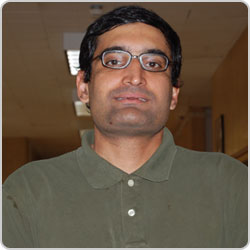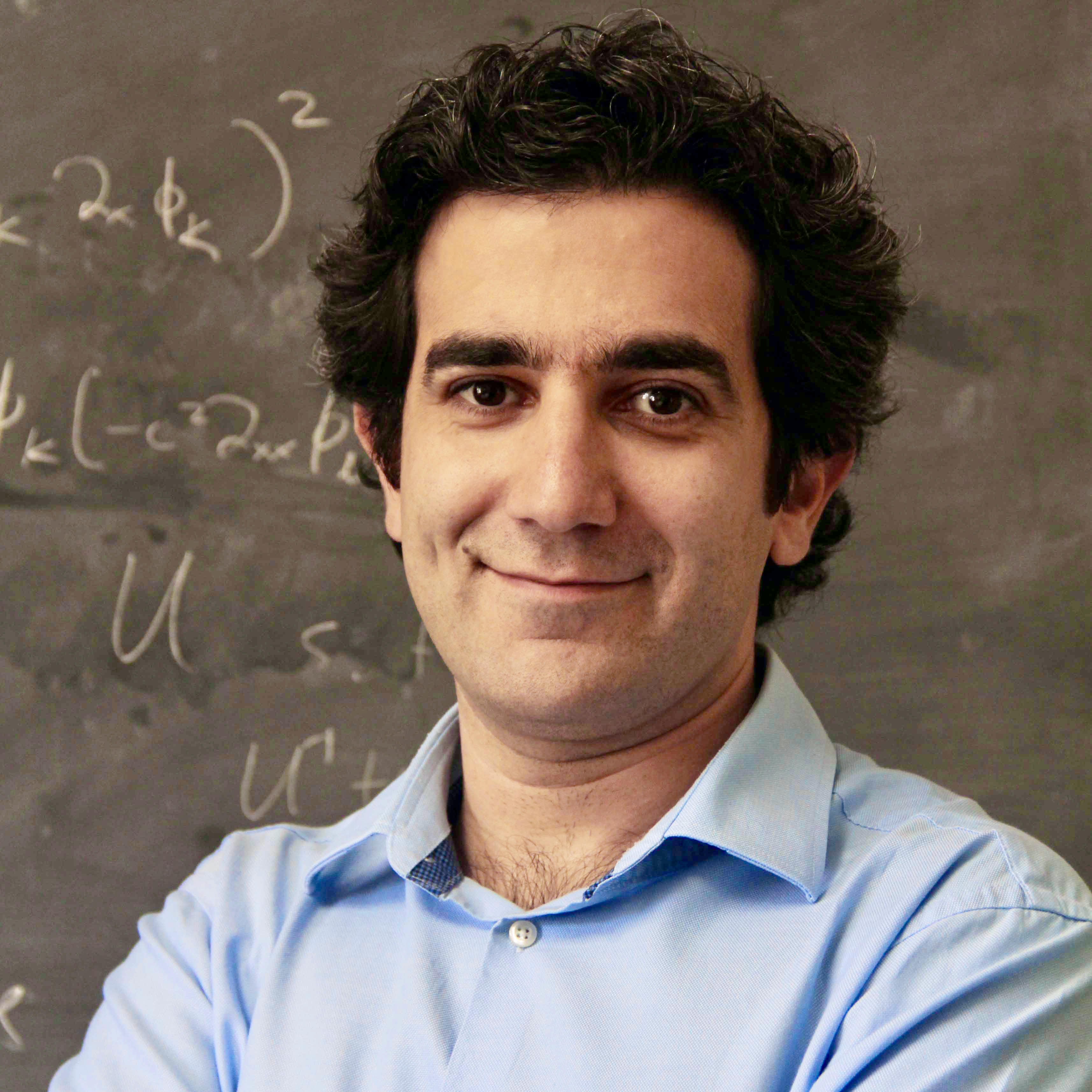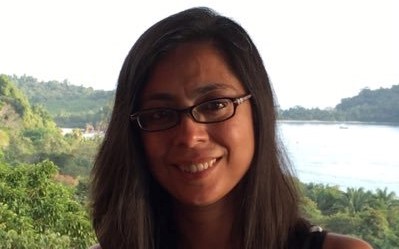Kaustubh Agashe, Mohammad Hafezi and Arpita Upadhyaya have been elected Fellows of the American Physical Society.
Agashe, who was cited for pioneering breakthroughs in holographic composite Higgs theory and phenomenology, and for inspiring numerous related experiment Kaustubh Agasheal searches at the Large Hadron Collider, is a member of the Maryland Center for Fundamental Physics. He received his Ph.D. at the University of California, Berkeley in 1998. After postdoctoral appointments at the University of Oregon, Johns Hopkins University and the Institute for Advanced Study, he joined the physics faculty at Syracuse University in 2005. He moved to UMD Physics in 2007. In 2017, he was named a Fermilab Distinguished Scholar.
Kaustubh Agasheal searches at the Large Hadron Collider, is a member of the Maryland Center for Fundamental Physics. He received his Ph.D. at the University of California, Berkeley in 1998. After postdoctoral appointments at the University of Oregon, Johns Hopkins University and the Institute for Advanced Study, he joined the physics faculty at Syracuse University in 2005. He moved to UMD Physics in 2007. In 2017, he was named a Fermilab Distinguished Scholar.
Hafezi was cited for pioneering theoretical and experimental work in topological photonics and quantum synthetic matter. Hafezi is a Minta Martin Professor in the Department of Electrical and Computer Engineering, a fellow of the Joint Quantum Institute and a member of the Institute for Research in Electronics & Applied Physics and the Quantum Technology Center. Hafezi's research aims to theoretically and experimentally investigate various quantum  Mohammad Hafezi properties of light-matter interaction for applications in future optoelectronic devices, quantum information processing, and sensing. He earned his Ph.D. in 2009 from Harvard University, and then accepted a position in the JQI. He received a Sloan Research Fellowship and Office of Naval Research Young Investigator award in 2015, and in 2020 was named a Simons Investigator.
Mohammad Hafezi properties of light-matter interaction for applications in future optoelectronic devices, quantum information processing, and sensing. He earned his Ph.D. in 2009 from Harvard University, and then accepted a position in the JQI. He received a Sloan Research Fellowship and Office of Naval Research Young Investigator award in 2015, and in 2020 was named a Simons Investigator.
Upadhyaya was selected for contributions to understanding mechanisms of biological force generation and how these forces enable immune cells to respond to the physical properties of their environment, bearing insights into the complex and biomedically crucial mechanisms of T cell and B cell activation. Upadhyaya is a biophysicist studying how physical properties of living cells are regulated to guide mechanical behaviors such as cell shape Arpita Upadhyaya changes and force generation and how these guide physical regulation of cell function. She has received a Pappalardo Fellowship in Physics at the Massachusetts Institute of Technology, an Alfred P. Sloan Research Fellowship, and the UMD Physics Richard A. Ferrell Distinguished Faculty Fellowship. She earned her Ph.D. at the University of Notre Dame, and in addition to her work at MIT, was a researcher at UNC Chapel Hill before joining UMD Physics and the Institute for Physical Science and Technology (IPST) in 2006. She serves as co-director of the IPST Biophysics Program.
Arpita Upadhyaya changes and force generation and how these guide physical regulation of cell function. She has received a Pappalardo Fellowship in Physics at the Massachusetts Institute of Technology, an Alfred P. Sloan Research Fellowship, and the UMD Physics Richard A. Ferrell Distinguished Faculty Fellowship. She earned her Ph.D. at the University of Notre Dame, and in addition to her work at MIT, was a researcher at UNC Chapel Hill before joining UMD Physics and the Institute for Physical Science and Technology (IPST) in 2006. She serves as co-director of the IPST Biophysics Program.
Also elected APS Fellows were Marc Swisdak of IREAP and YuHuang Wang of the Department of Chemistry.